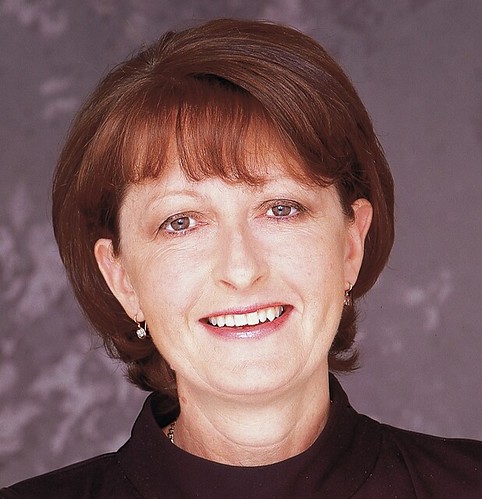Should I have a mammogram, Doctor?

I’ve always wished there was a simple, definitive answer when women in their forties ask if they should have a mammogram.
But as readers would know, there isn’t.
By my understanding, the closest thing to a correct answer has gone something like this:
“There’s evidence that regular mammography saves lives for women in their fifties and sixties, but we’re not so sure about women in their forties. There’s probably a small benefit, but you have to screen an awful lot of women in their forties to save a life, and on top of that mammography’s thought to cause some breast cancers”.
A study released in the Lancet today was designed specifically to answer this question.
The UK study randomly assigned nearly 170,000 women to an invitation to routine mammography starting at around age 40, or usual care.
After a follow-up of ten years, a small reduction in breast-cancer mortality was shown but failed to reach statistical significance. Over ten years, the absolute risk reduction for breast cancer mortality was 0.40 per 1000 women invited to screening, or in other words 2,512 women needed to be screened for 7 – 9 years to prevent one death over 10 years.
This is a difficult area to study for lots of reasons. For one thing, researchers can only invite women to be screened, not force them. Any study worth its salt will analyse its results on an ‘intention to treat’ basis, and so non-compliance underestimates the effect of mammography. Women in the control group who decide to have a mammogram also dilute the findings.
Furthermore, studies must be huge, and incredibly costly, to have the power to detect small differences. Many, including the Lancet study, fail to recruit the planned number of subjects, thereby reducing the power to detect real differences.
So where do we go from here?
An accompanying editorial says that after ten RCTs of nearly 400,000 women, the current estimate of a small reduction in breast cancer deaths for mammography in this age group is unlikely to change substantially.
Harm, however, must also be factored in, and in this case we’re mainly talking radiation-induced breast cancer, which won’t peak until 10 - 20 years after exposure.
“While the best estimates of harms from screening mammography seem to be less than the benefits, they remain too uncertain to conclude with a high level of confidence that screening mammography in this age-group is associated with a net benefit”, the editorial concludes.
Looks like I won’t be changing my answer any time soon.


2 Comments:
The link to the Lancet article doesn't work, and I can't find it or the editorial on their site. I'd really like to read it - thanks for publicizing it. Can you point me in the right direction to find it?
I heard today about a screening test for breast cancer based on a hair sample? I didn't hear all the details so I have no idea how accurate the report is. Apparently it's only in trial phase ..
Post a Comment
<< Home